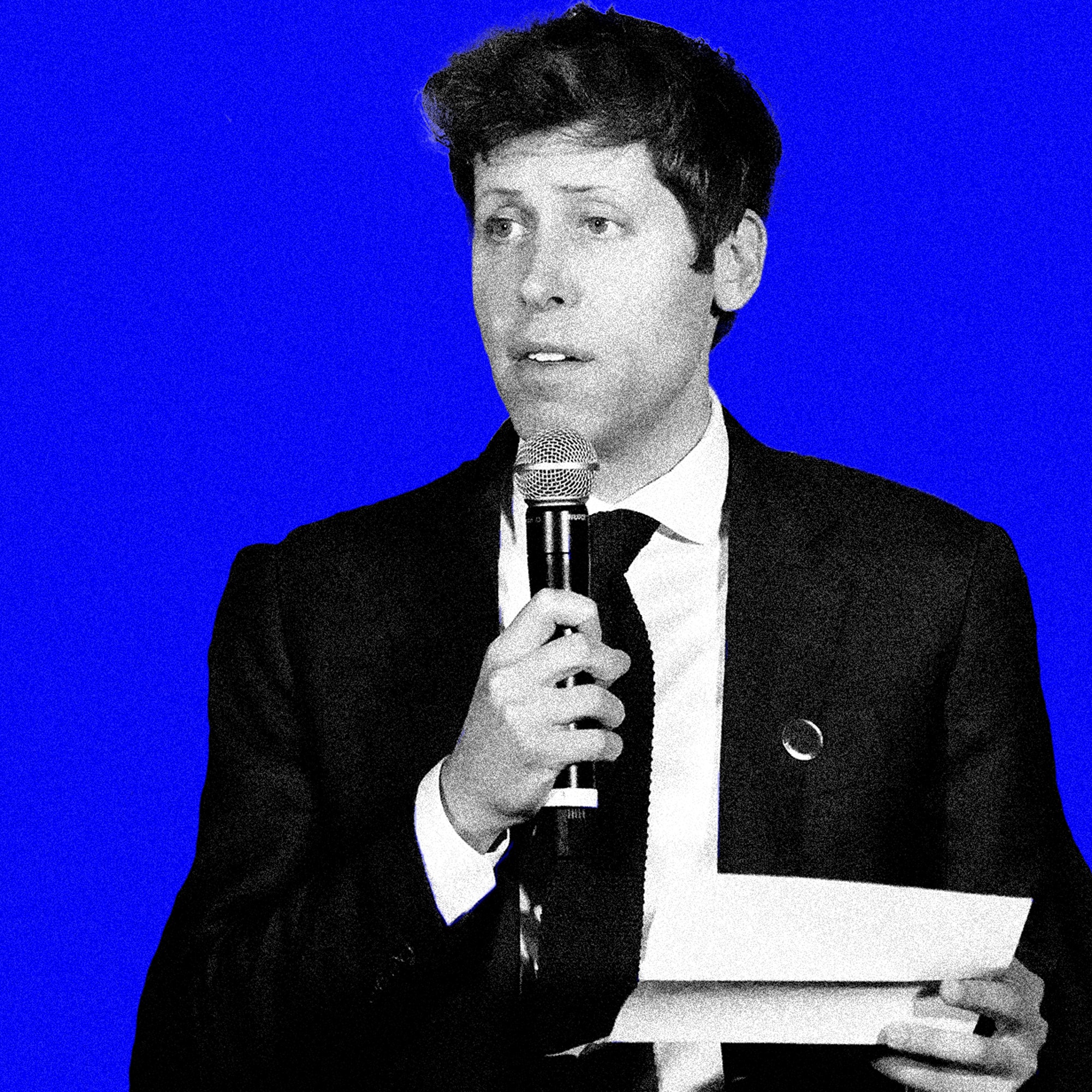In a message to WIRED, Khanukov says that OpenAI “doesn’t provide any useful statistics” on his GPT’s performance.
But Khanukov says that his GPT has benefited him in other ways. He’s been able to connect with a new network of people who need to use SQL for their jobs but aren’t engineers by trade. His GPT has earned him clout on LinkedIn; he says he’s received around 3,500 new subscribers on the social network since launching his GPT. And he claims another GPT developer offered to buy his SQL GPT, but that he declined the offer because he didn’t want the GPT altered.
Similarly, Adrian Lin says he appreciates any direct product feedback he has gotten from users and the “attention” it has brought his small app lab. He says he now gets paid to promote the app Notion in his GPT.
“The way I look at it is, this is relevant to my users since most of them are into digital marketing, and Notion is a tool for productivity and project management,” Lin says.
For Eric Olson, building a GPT for the OpenAI GPT Store has paid off handsomely.
His GPT, Consensus, was featured on the Store’s launch day in January alongside Villocido’s Books GPT. The Consensus GPT has had more than 5 million conversations since launch, and it links to Consensus’ own website in every chat.
This means the GPT has been a marketing channel for the startup, which uses AI to cull information from dense scientific research papers, like a Google Scholar for the AI era. Between 10 and 15 percent of Consensus’ new subscribers come from its GPT. “Our experience is probably more positive than others in the GPT Store, because we’ve managed to stay on the Store’s explore page the entire time,” says Olson.
This summer, Consensus raised $11.5 million in Series A funding from well-known investors, including Union Square Ventures and Draper Associates.
As for Villocido, the creator of the Books GPT that was featured in the Store launch, he found he could no longer justify the $20 per month cost of the ChatGPT subscription required to build and maintain his custom GPTs.
He now collects a modest amount of revenue each month by placing ads in the GPTs he has already created, using a chatbot ad tool called Adzedek. On a good month, he can generate $200 a month in revenue. But he chooses not to funnel that back into ChatGPT.





